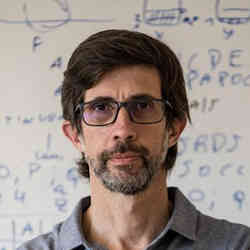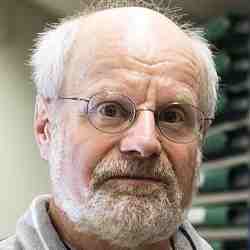AI Education for Teens: Lifting the Hood on Data and Machine Learning
BLOG@CACM
Publishing, The Choice and The Luck
Major Investments in U.S. CS Education on the Long Road to CS for All
What Should be Done About Facebook?
Hybrid Models for Legacy Modernization in Digital Transformation Programs
Safe AI in Education Needs You
Reinforcing Computer Science Education
Is It Difficult to Bypass the Protection That Uses Big Data?
Language Imitation Games and the Arrival of Broad and Shallow AI
Computers Were Originally Humans
Students are Interested in People, and Teachers Value Multiple Languages: ICER 2021 Pointers
Supervising a Doctoral Thesis: Lessons and Guidelines
A Tale of a Non-Traditional Software Engineer
How Does One Divide with Napier’s Rods?
Protecting Enterprise Use of IoT
The Solar System from the Computational Thinking Perspective
Shape the Future of Computing
ACM encourages its members to take a direct hand in shaping the future of the association. There are more ways than ever to get involved.
Get InvolvedCommunications of the ACM (CACM) is now a fully Open Access publication.
By opening CACM to the world, we hope to increase engagement among the broader computer science community and encourage non-members to discover the rich resources ACM has to offer.
Learn More















